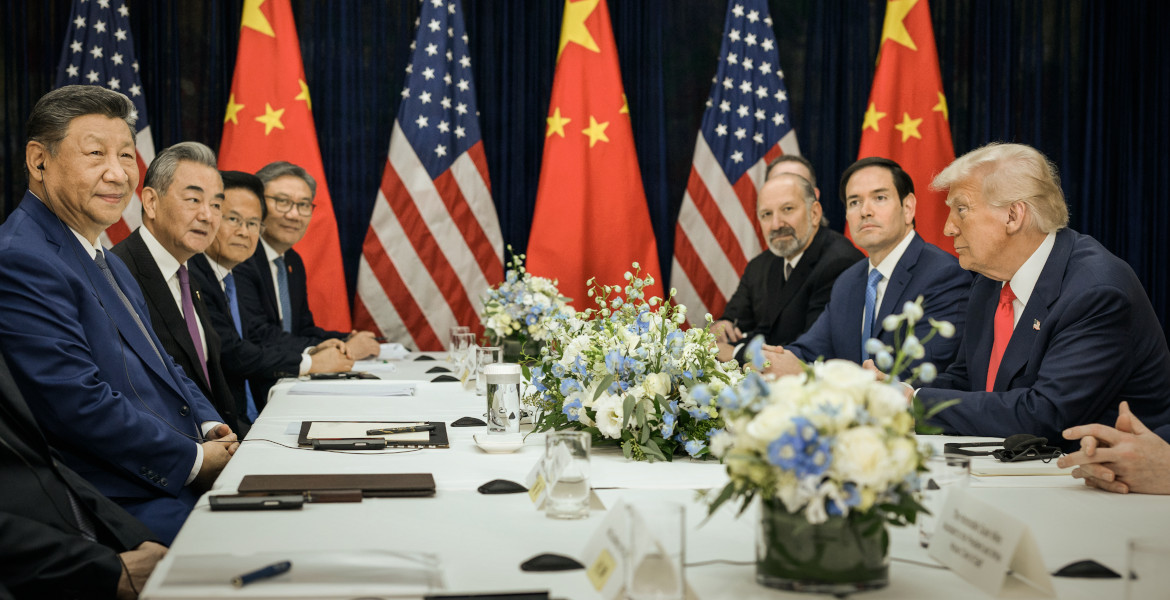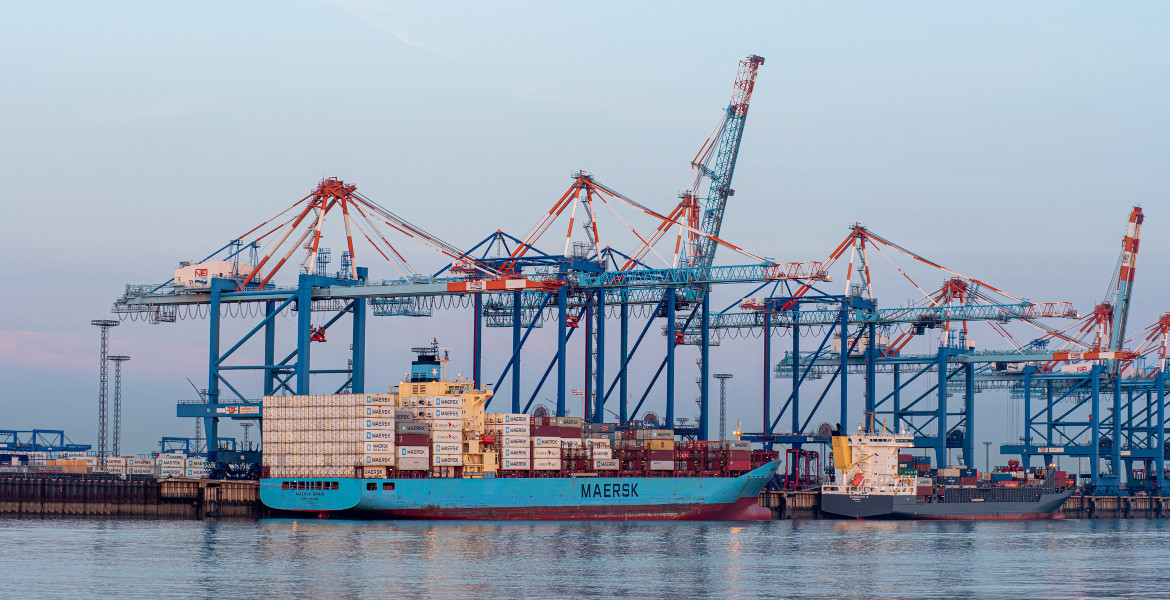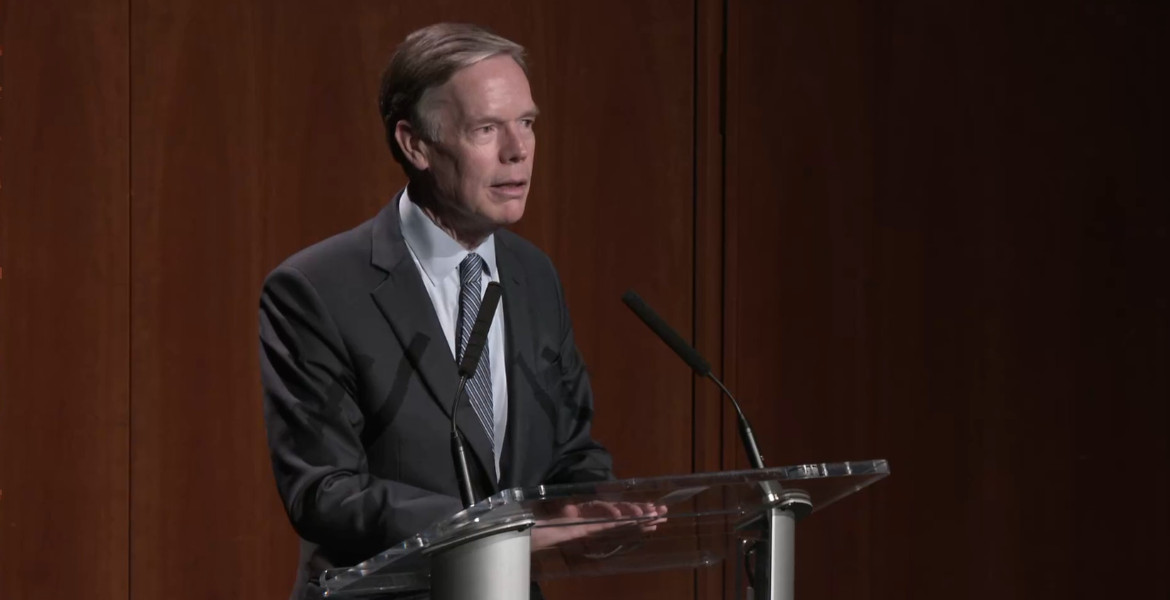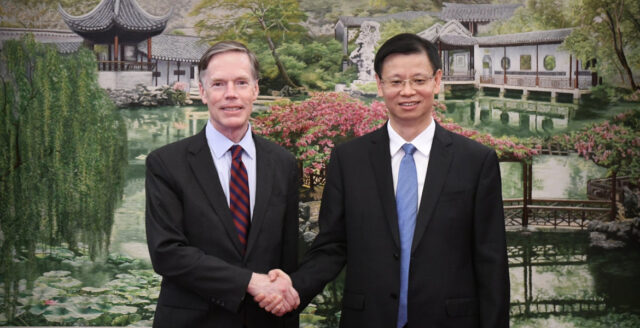In a strategic move that could potentially reshape the global economic landscape, the BRICS group is poised to undergo a significant expansion on January 1, welcoming six new nations into its fold. As, on August 24, 2023, South African President Cyril Ramaphosa, unveiled this transformative development, including Egypt, Ethiopia, Iran, Argentina, the United Arab Emirates (UAE), and Saudi Arabia as new members, the geopolitical implications are undeniable.
This expansion, coined as BRICS+, not only signifies a numerical growth in the consortium but also hints at a paradigm shift in the dynamics of global power. The decision to include these nations reflects a deliberate effort to challenge the hegemony of the G7, and it's a move that demands careful consideration.
The original BRICS formation, comprised of Brazil, Russia, India, China, and South Africa, has already demonstrated substantial economic prowess. From accounting for 19 per cent of global GDP in 2001 to a staggering 36 per cent today, the impact of these emerging markets on the world stage is undeniable.
Now, with the addition of six more nations, including heavyweights like Saudi Arabia and the UAE, the BRICS+ consortium is poised to command an even more formidable share of the global economy.
However, as with any grand geopolitical venture, challenges abound. The internal cohesion of BRICS+, particularly given the historical tensions between some of its members, raises questions about the bloc's ability to navigate complex geopolitical terrain. India's ongoing border dispute with China and the enduring proxy conflicts between Saudi Arabia and Iran could potentially strain the unity of this diverse group.
Beyond the geopolitical intricacies, the BRICS+ expansion prompts contemplation on the ideological and economic diversity within the consortium. While the ambitious goal of establishing alternative institutions to the International Monetary Fund (IMF) and the World Bank is on the agenda, achieving consensus among nations with differing economic systems and political ideologies poses a formidable task.
The motivation behind this expansion appears rooted in a desire to challenge the existing global order, particularly the dominance of the United States and the ubiquitous role of the US dollar. The push to reduce reliance on the dollar in international trade transactions is a noteworthy objective, one that could have far-reaching consequences for the current financial architecture.
Yet, amid these lofty aspirations, practical challenges emerge. Differing views on settlement currencies and entrenched commitments to petrodollars among oil-exporting nations within BRICS+ present potential stumbling blocks. The intricacies of international trade and finance underscore the complexities of this geopolitical chess game.
As we witness this geopolitical ballet unfold, it's imperative to recognise the transformative potential of BRICS+. The alliance's expanding share of the global economy, coupled with its diverse composition, signals a seismic shift towards the East and the South. This evolution, though rife with challenges, holds the promise of altering the status quo, marking a defining moment in the intricate dance of global power dynamics. The world watches as BRICS+ prepares to take centre stage, and the implications of this expansion will undoubtedly reverberate across the international stage for years to come.






